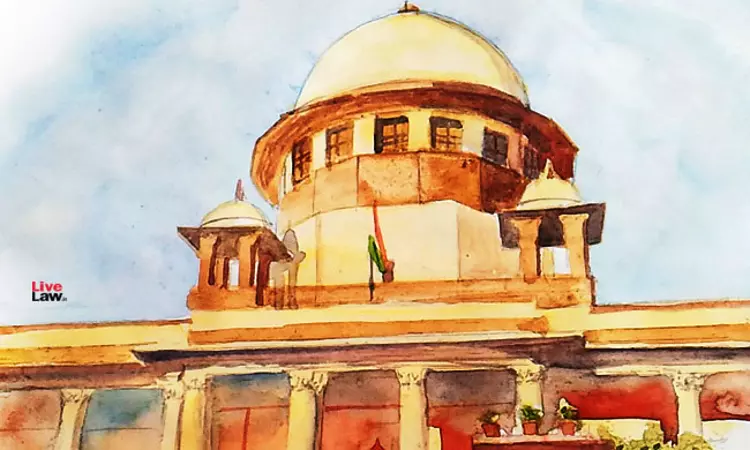The Supreme Court today (06.11.2023) issued notice to the Union of India in a plea challenging the constitutionality of Section 437A of the Code of Criminal Procedure (CrPC). The bench comprising CJI DY Chandrachud, Justice JB Pardiwala, and Justice Manoj Misra, whiling issuing notice, sought the assistance of the Attorney General for India (AG) R Venkatramani in the matter. Section 437A of...

